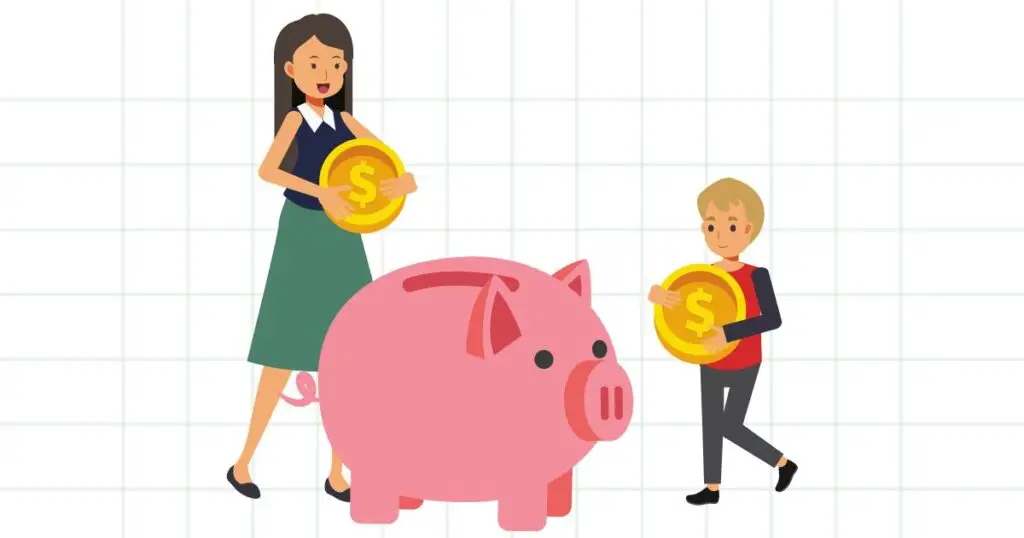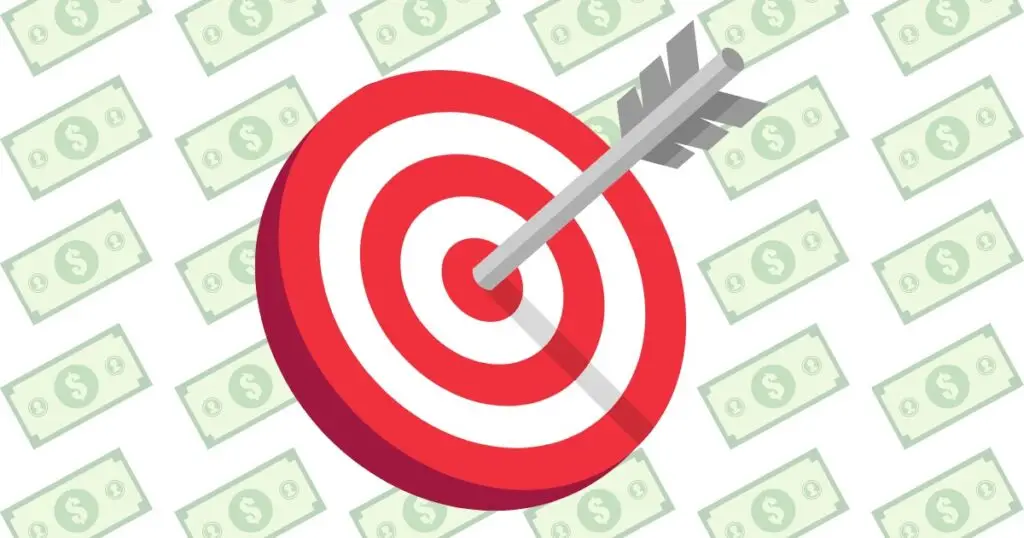
In the realm of personal finance, the silent saboteur that often hinders our progress towards financial well-being is none other than financial procrastination. This pervasive tendency to delay or avoid essential money-related tasks can have far-reaching consequences, impacting our ability to save, invest, and achieve our financial goals.
In this comprehensive guide, we will delve into the depths of financial procrastination, exploring its underlying causes, recognizing its insidious manifestations, and equipping you with practical strategies to break free from its grip. By understanding and addressing this common obstacle, you can pave the way for a more secure and prosperous financial future.
Unveiling the Nature of Financial Procrastination
At its core, financial procrastination is the act of postponing or neglecting crucial financial tasks, such as budgeting, saving, investing, or paying bills. It’s a form of self-sabotage that can stem from various factors, including fear, anxiety, lack of knowledge, or a simple aversion to dealing with money matters.
Manifestations of Financial Procrastination:
- Ignoring bills and financial statements: Avoiding opening those dreaded envelopes or checking your bank accounts can lead to missed payments, late fees, and a downward spiral of debt.
- Delaying saving and investing: Putting off saving for retirement or other financial goals can significantly impact your future financial security.
- Avoiding financial planning: Failing to create a budget or financial plan can lead to overspending, impulsive purchases, and a lack of direction in your financial journey.
- Procrastinating on important financial decisions: Postponing decisions about insurance, investments, or estate planning can leave you and your loved ones vulnerable.
The Root Causes of Financial Procrastination
Understanding the root causes of your financial procrastination is key to overcoming it. Here are some common culprits:
- Fear and Anxiety: The fear of making the wrong financial decisions, facing financial difficulties, or confronting the reality of your financial situation can lead to avoidance and procrastination.
- Lack of Knowledge: Feeling overwhelmed or confused about financial matters can make it easier to procrastinate rather than tackle the learning curve.
- Overwhelm: The sheer number of financial tasks and decisions can be overwhelming, leading to a sense of paralysis and procrastination.
- Short-Term Gratification: The allure of immediate rewards can make it difficult to prioritize long-term financial goals, leading to impulsive spending and delayed saving.
- Perfectionism: The desire to have a perfect financial plan or investment strategy can lead to procrastination as you strive for an unattainable ideal.
Strategies to Conquer Financial Procrastination
Fortunately, financial procrastination is not an insurmountable obstacle. Here are some practical strategies to break free from its grip and take control of your financial well-being:
- Acknowledge the Problem: The first step to overcoming any challenge is to acknowledge its existence. Recognize that you have a tendency to procrastinate on financial matters and commit to making a change.
- Set SMART Goals: Define specific, measurable, achievable, relevant, and time-bound financial goals. Having clear objectives will provide you with direction and motivation.
- Break Down Tasks into Smaller Steps: Overwhelming tasks can lead to procrastination. Break down large financial goals into smaller, more manageable steps. This makes them seem less daunting and more achievable.
- Create a Routine: Establish a regular schedule for tackling financial tasks, such as reviewing your budget, paying bills, or researching investment options. Consistency is key to overcoming procrastination.
- Seek Knowledge: Educate yourself about personal finance and investing. Read books, articles, or take online courses to build your financial literacy and confidence.
- Use Technology to Your Advantage: Utilize budgeting apps, financial tracking tools, and automatic bill payment systems to simplify your financial management and reduce the risk of procrastination.
- Find an Accountability Partner: Share your financial goals with a trusted friend or family member who can offer support and encouragement. Having someone to hold you accountable can be a powerful motivator.
- Reward Yourself: Celebrate your achievements along the way. When you reach a financial milestone or complete a challenging task, reward yourself with something you enjoy. This positive reinforcement can help you stay motivated and on track.
- Seek Professional Help: If you’re struggling to overcome financial procrastination on your own, consider seeking professional guidance from a financial advisor or therapist. They can provide personalized support and strategies to help you achieve your goals.
- Be Kind to Yourself: Remember that everyone makes mistakes and experiences setbacks. Don’t beat yourself up if you slip up occasionally. Instead, learn from your mistakes and keep moving forward.
Books About Procrastination
If you’re looking to delve deeper into the topic of procrastination and gain even more valuable insights, we recommend these three books that can help you on your journey:
- “Immediate Action : A 7-Day Plan to Overcome Procrastination and Regain Your Motivation” by Thibaut Meurisse – See here.
- “The Art of Procrastination” by John Perry – See Here.
- “The Procrastination Cure: 21 Proven Tactics For Conquering Your Inner Procrastinator, Mastering Your Time, And Boosting Your Productivity!” – See here.
These books offer a range of perspectives and practical strategies to help you understand and overcome procrastination, leading to a more productive and fulfilling life.
Conclusion
Financial procrastination is a common challenge that can hinder your financial progress and create unnecessary stress. However, by understanding its causes and implementing effective strategies, you can overcome this obstacle and build a brighter financial future. Remember, taking control of your finances is a journey, not a destination. Start small, be consistent, and celebrate your progress along the way. With dedication and perseverance, you can achieve financial freedom and live a life of abundance.
Frequently Asked Questions
1. What are the consequences of financial procrastination?
Financial procrastination can lead to missed opportunities, increased debt, financial stress, and difficulty achieving your financial goals.
2. How can I identify if I’m financially procrastinating?
Signs of financial procrastination include avoiding financial tasks, ignoring bills and statements, delaying saving and investing, and feeling overwhelmed by money matters.
3. Is financial procrastination a sign of laziness?
Not necessarily. Financial procrastination can stem from various factors, including fear, anxiety, lack of knowledge, and overwhelm. It’s important to address the underlying causes rather than simply labeling it as laziness.
4. Can financial procrastination be overcome?
Yes, financial procrastination can be overcome with self-awareness, commitment, and the implementation of effective strategies.
5. Where can I find additional resources to help me overcome financial procrastination?
There are many resources available, including books, articles, online courses, and financial advisors. You can also seek support from friends, family, or online communities.
Thank you for reading! We hope this guide has helped you gain a deeper understanding of financial procrastination and empowered you to take proactive steps towards a more secure financial future. For further insights and guidance on personal finance, be sure to explore our other informative articles. Remember, the journey to financial well-being starts with a single step – take that step today!


